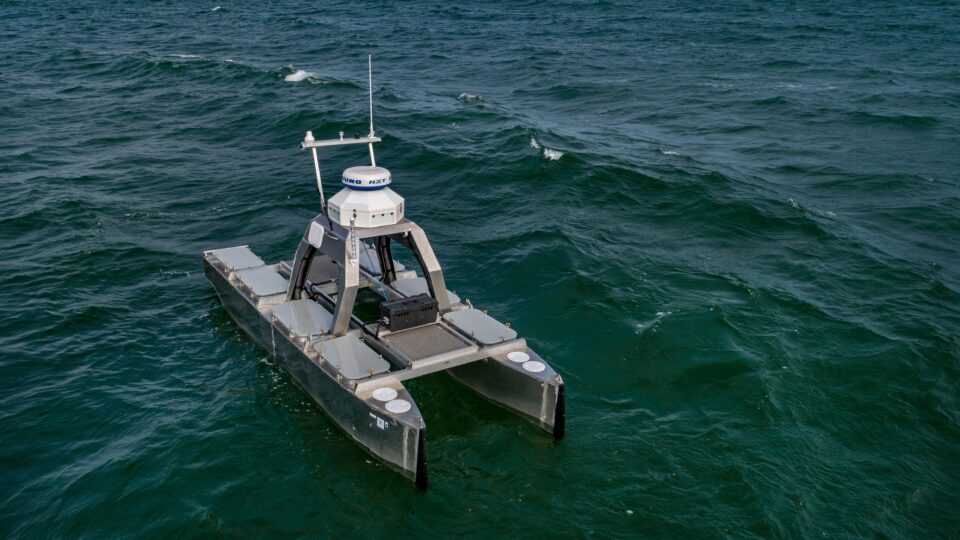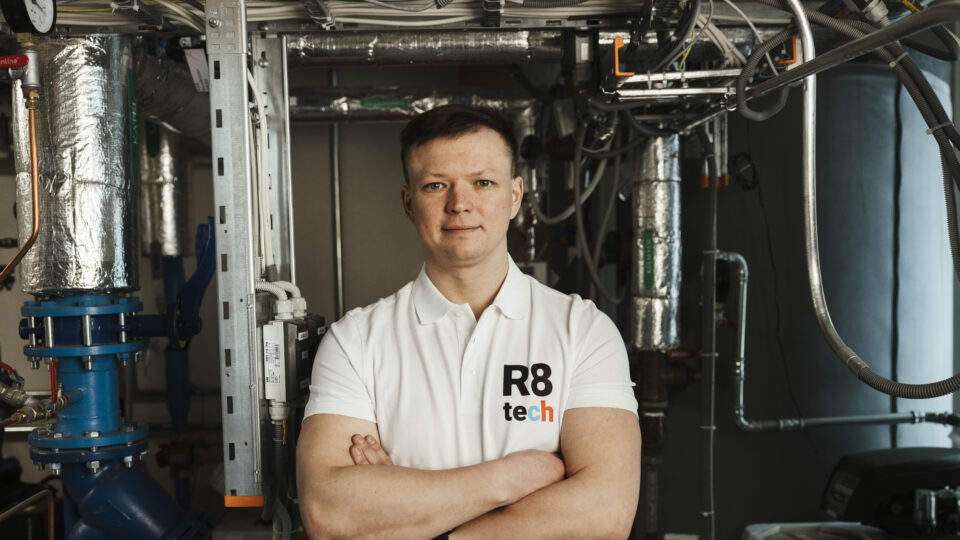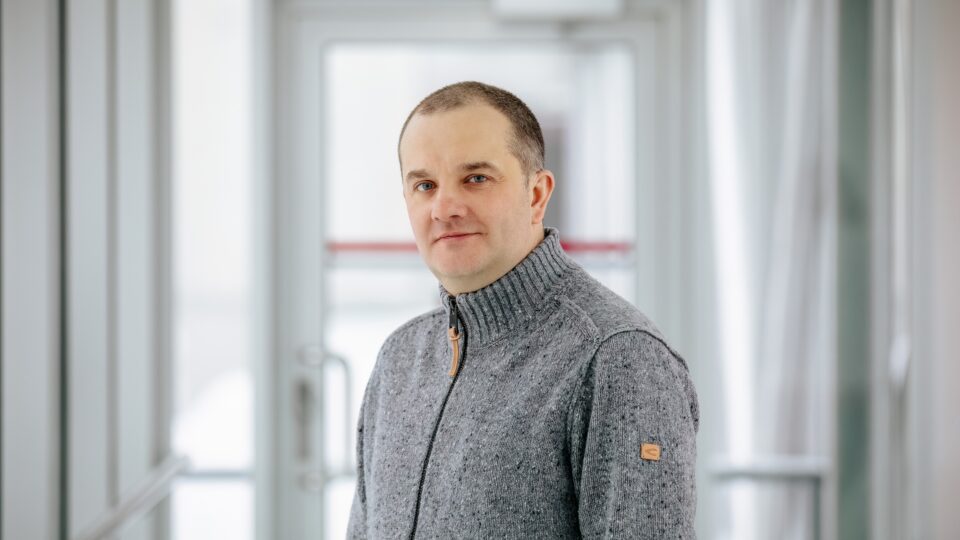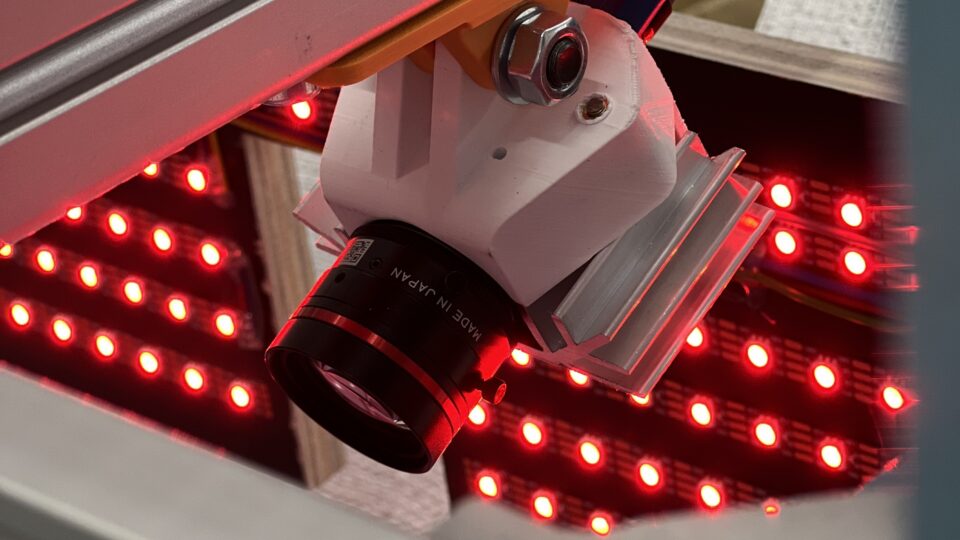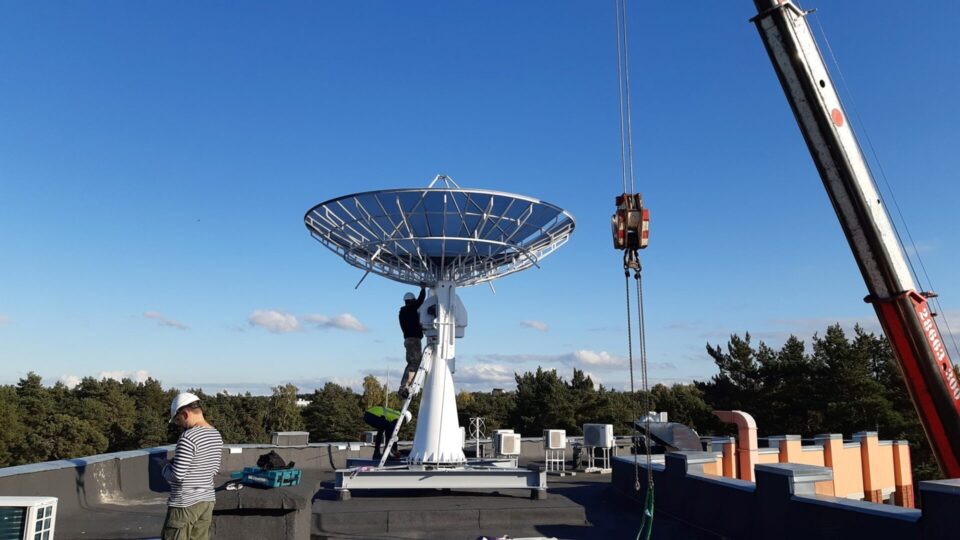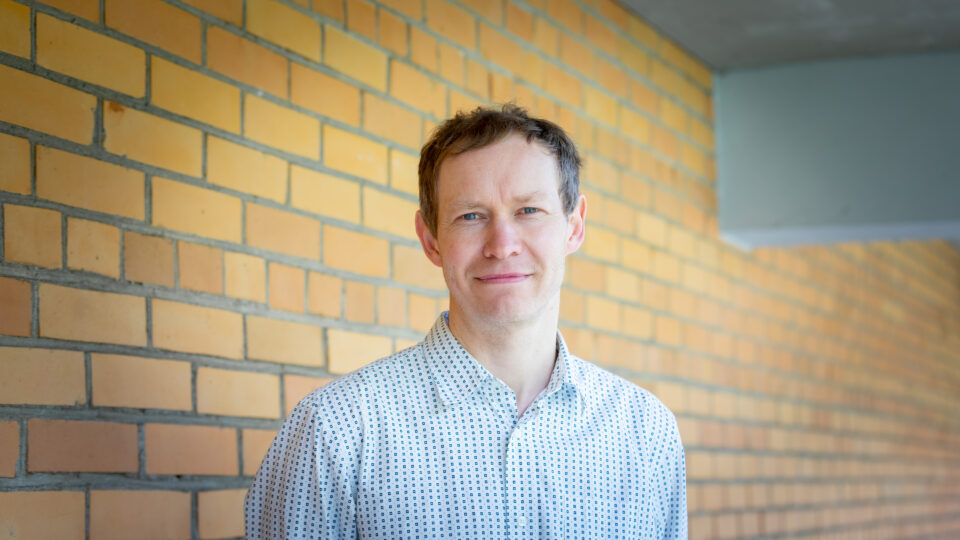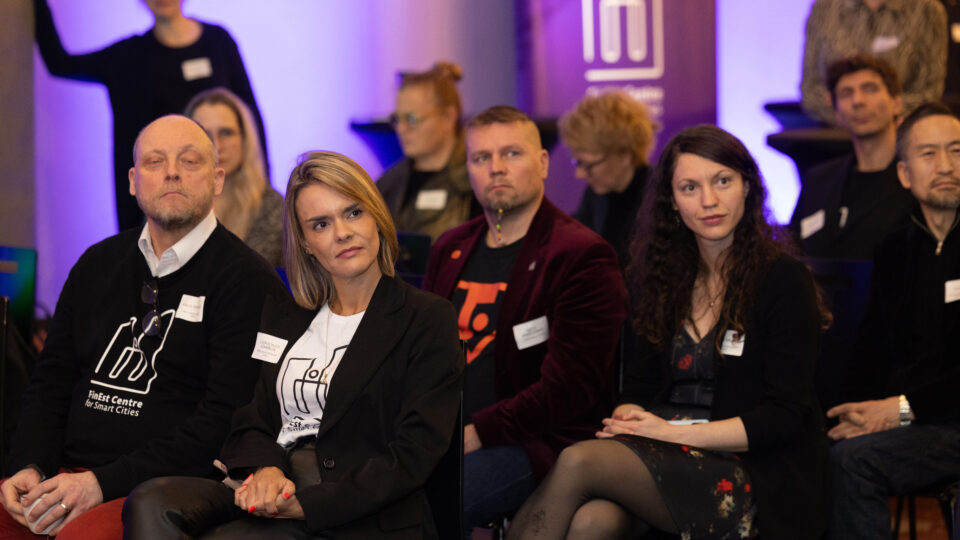The Estonian deep-tech company MindChip, the first official spin-off from TalTech, is developing an AI-powered autonomous captain – an intelligent system capable of independently navigating a vessel, assessing situations, and responding to the surrounding environment.
Artificial Intelligence
The Estonian startup R8 Technologies has created a virtual colleague who keeps buildings warm, wallets full, and energy consumption under control.
Estonia needs a new leap in development in the age of artificial intelligence – and the key figures in this are AI engineers who know how to develop and steer future technologies.
Artificial intelligence has established itself, but its true role in our society is still unfolding – and universities play a decisive part in this.
Students from TalTech’s Tartu College developed a machine vision-based quality control system capable of automatically detecting knitting defects on a production line. What began as a corridor conversation ended with a real industrial solution.
When exploring what exciting work TalTech has done in the space sector, the usual response is always the satellites Koit and Hämarik. However, the work with Koit and Hämarik is by no means the only space-related project at the university.
“It was a complete shock,” recalled Tanel Alumäe, head of TalTech's Laboratory of Language Technology, when he first experienced the astonishing ability of large language models to understand and generate language.
At the Smart City Exchange Forum, hundreds of city visionaries gathered to discuss how data, artificial intelligence, and collaboration could transform cities in Estonia and Europe into human-centered and sustainable environments.
There are thousands of apartment buildings in Estonia that are in urgent need of renovation, yet the daunting nature of the process often prevents people from taking the first step. This is precisely the problem Renokratt aims to solve – a smart tool designed to make renovation planning easier.
A transformation is underway in Estonia’s workforce – hybrid work has become the new normal, AI is changing the game, and leaders must adapt faster than ever before. Maria Kütt, an expert in human resources management, TalTech business administration doctoral candidate, head of the Top Civil Service Excellence Centre, and vice-chair of the board of the Estonian HR Association PARE, confirms that success lies in clear goals and smart communication.
